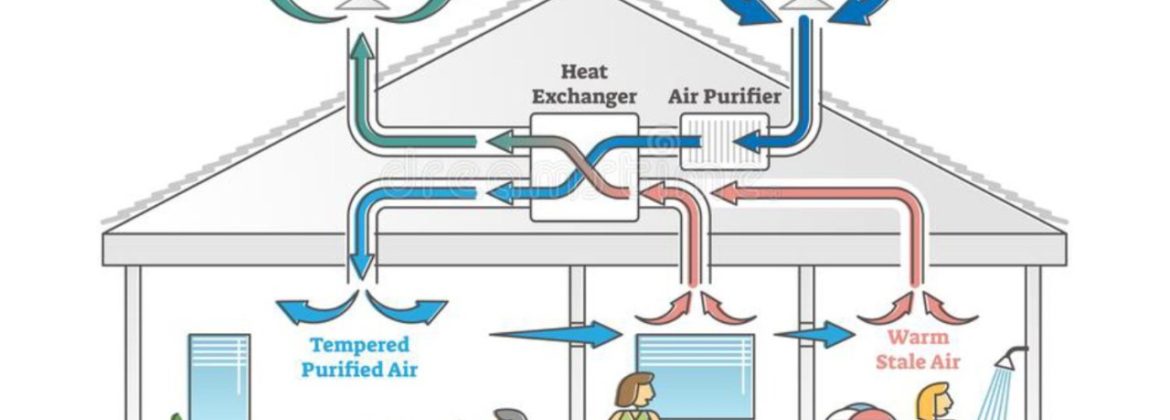Call for Emergecy
1300 665 280
 Everyone wants to live a healthy happy life. But what if the air you are breathing inside your home could be harming you and your family in various ways. Nothing in this world is more important than the air you breathe, so you should make it your new year’s resolution for 2021 to improve the air quality in your home. Here are some tips to help with your planning.
Everyone wants to live a healthy happy life. But what if the air you are breathing inside your home could be harming you and your family in various ways. Nothing in this world is more important than the air you breathe, so you should make it your new year’s resolution for 2021 to improve the air quality in your home. Here are some tips to help with your planning.
What’s your indoor air quality like?
Not many of us stop to think about the pollution INSIDE our homes – the air that is circulating within our home daily. We all know that traffic and industry cause pollution in the air outside, but what is happening inside? Air in a poorly ventilated home can be just as polluted if not more than the air outside. When indoor air quality is poor, it is simply not as clean, fresh and pure as it should be.
What are the main causes of poor indoor air quality?
The air quality inside a building is affected by various factors. Pollution from the outdoors coming in through windows and doors is one factor, especially in cities and densely populated areas. Though other factors that affect our indoor air quality are:
- Gases are given off by heating and cooking appliances
- Volatile organic compounds from cleaning products, paints and plastics
- Smoke and other airborne particulates
- Allergens such as mould and dust all contribute to bad indoor air quality
- Radon gases from underground can also penetrate your home and reduce air quality if you live in an area where these naturally occurring gases are more highly concentrated
- The bad indoor air quality will be worsened in a situation where there is little or no natural airflow within the home, which can lead to condensation build-up, damp and mould.
What problems can poor indoor air quality cause in your home?
As time goes by lack of airflow and poor quality air can begin to damage the structure of your home and its fittings and fixtures. If stagnant air sits around your home for too long, you will come across all sorts of problems. Condensation can form in bathrooms and kitchens and can create damp problems. Mould, which is a serious allergen, will grow and flourish. Even in houses that do not suffer from dampness, bad air quality can still cause issues. Carpets, wallpaper, curtains and soft furnishings can all become permeated with nasty, musty smells that can be hard to remove. Eventually, poor air quality can damage the interior of your home and change the way it looks and smells long term. If you do find you have a mould problem our sister company Mould Pro would be happy to help you out.
How is poor indoor air quality damaging our health?
Poor indoor air quality can cause chronic health problems. The lungs and heart are the main organs affected. Scientific studies have shown the link between bad indoor air pollution and health issues. Cooking can emit nitrogen dioxide which can cause a range of breathing issues. Whilst VOCs can cause a decrease in lung function setting off asthma, wheezing and an increased risk to your heart and whole respiratory system. Nasal irritation is very common as well as dry mouth, a constricted throat and scratchy sore eyes.
How to improve the air quality in your home
The good news is it is easy to improve the air quality within your home. The simplest way is to improve on your home ventilation and improving airflow rates in your house, as this will improve air quality as a start. The sophisticated technology in ventilation systems will constantly monitor the humidity levels and flow rates of the air in your home, so the system always works efficiently and effectively. Heat Recovery ventilation solutions will not only help you improve indoor air quality but also help you save money on electricity. Here at Zephyr Ventilation, we can advise you on the right type of ventilation system needed for your home.
A good ventilation system is the first step towards better air quality. You can then further enhance your living space and improve air quality further by taking the following measures:
- Introduce living plants which are natural air purifiers
- Remove carpets and have natural, hard flooring instead
- Use only natural household cleaning products
- Use paints and other decorating materials that are low in VOCs
- Reduce the amount of plastic and the number of new items coming into your home
- Live a more sustainable and natural way of life.
You can now plan some positive steps to improve the air quality in your home – make a new year’s resolution to breathe easier and enjoy the benefits of cleaner, fresher air and a healthier home for you and your family.

